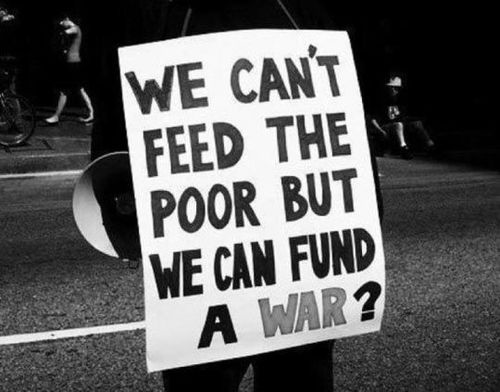 Why is it that so many of the attacks on the Christian faith that I see in opinion pieces and blogs contain so much that I don’t recognise as anything resembling my faith – in spite of me being a Christian? Bear with me as I offer some thoughts on why I think so many criticisms of Christianity – along with so many versions of Christianity – miss the mark.
Why is it that so many of the attacks on the Christian faith that I see in opinion pieces and blogs contain so much that I don’t recognise as anything resembling my faith – in spite of me being a Christian? Bear with me as I offer some thoughts on why I think so many criticisms of Christianity – along with so many versions of Christianity – miss the mark.
Consider this list:
-
God (the Father, Son and Holy Spirit) exists
-
God is uniquely revealed to us in the person of Jesus of Nazareth, whom God raised from the dead
-
By having a relationship with God though Jesus, who is God’s own son, we can have eternal life, and know and enjoy God forever
-
God is the ultimate basis of objective moral facts
-
People to whom God revealed himself one way or another wrote the Bible, which on the whole presents a reliable picture of who God is
-
When I talk about believing in Jesus “as a matter of faith,” that’s my way of saying that it’s not about having good grounds for belief, or accepting evidence for the truth of those beliefs.
-
A big part of my conviction that Christianity is true arose (and maybe is still sustained) by powerful, moving religious experiences that I attribute to the work of the Holy Spirit.
-
In addition to my faith that I will have eternal life eventually, I trust that God will always “look after” me in this life because I am his child, and he has a wonderful plan for my life that will make me happy and fulfilled.
-
When I pray, or even better, if I can get a lot of people to pray, and even better, if I can get them to pray really hard, God is more likely to give me what I ask for.
-
It’s really important to me that my understanding of the origin of the universe or the precision with which the biblical writers recorded all the events that they record is correct, otherwise the way that I think about my whole worldview could be mistaken.
-
It’s important to me that I know and can explain why X exists (where X is some feature of the universe, whether something in biology intersecting with the question of design, or X is the existence of suffering, or the existence of widespread ignorance or disbelief in my God). Otherwise, there’s a serious hole in my view of God.
That’s a list of eleven claims. If you believed them all, and called that whole list “Christianity,” and then at some point you came to doubt the validity of the last six of these claims, then you’ve come to doubt most of what you consider Christianity to be about. If you find yourself in that position, where one after another of your cherished beliefs have fallen to criticism that you couldn’t address, you might well start to think that the whole thing is a house of cards and give it up entirely. You shouldn’t, but you can perhaps see why somebody might think that. Imagine that you had eleven cards face down on the table in front of you and you previously thought that they were all aces. Your friend sits down opposite you and tells you that they’re not aces, so you decide to prove him wrong. One at a time, you start turning the cards over: Not an ace. Not an ace. Not an ace. Not an ace. Not an ace. Not an ace. That’s six in a row! Stop, you’re just embarrassing yourself. These cards aren’t aces after all. Now imagine that each card represents what is, in your view, an essential element of your Christian faith. Six in a row – all false. You can see why some might be tempted to quit at that point.

 A while ago I mentioned that I was speaking on an Episode of Elephant TV on the subject of Christian views on War and Peace.
A while ago I mentioned that I was speaking on an Episode of Elephant TV on the subject of Christian views on War and Peace.
 When I was in Oxford in 2010 it was my quaint pleasure to have a few pints (although not all during the same visit) at the
When I was in Oxford in 2010 it was my quaint pleasure to have a few pints (although not all during the same visit) at the 